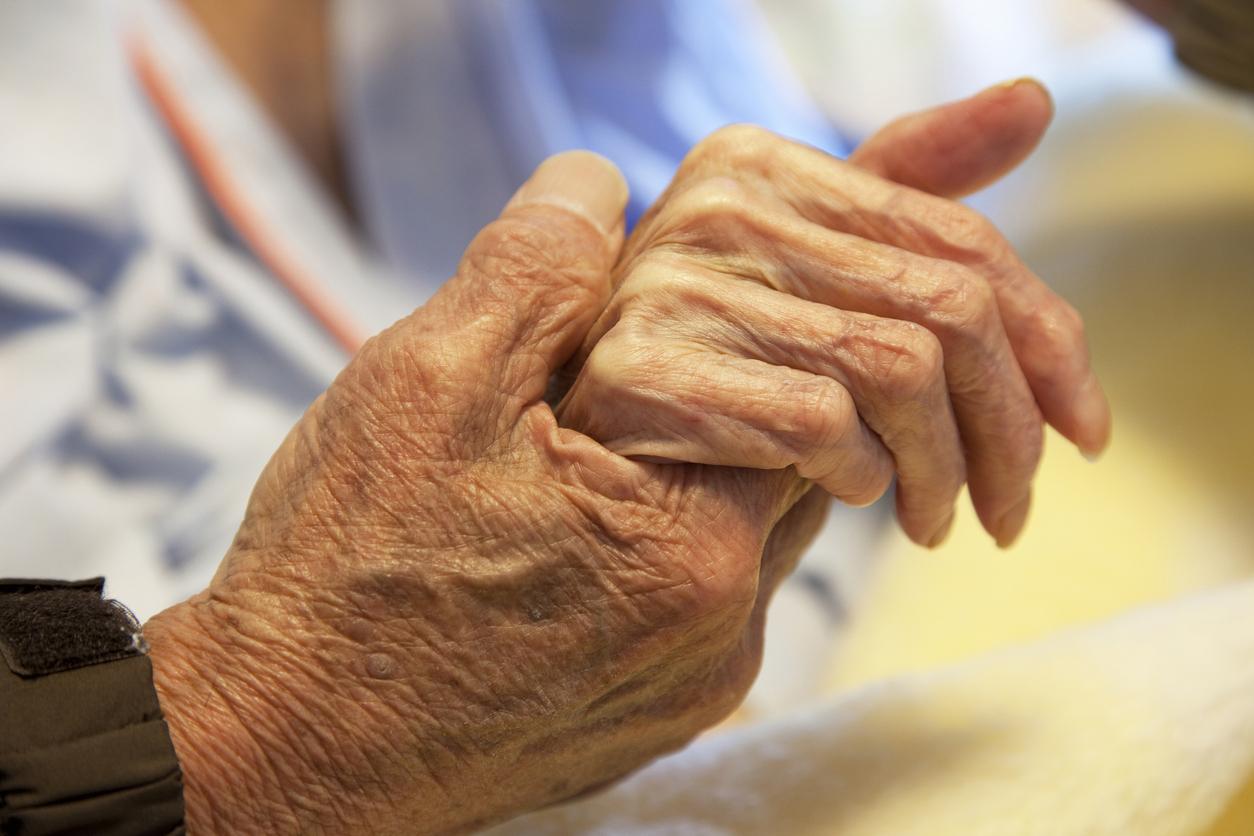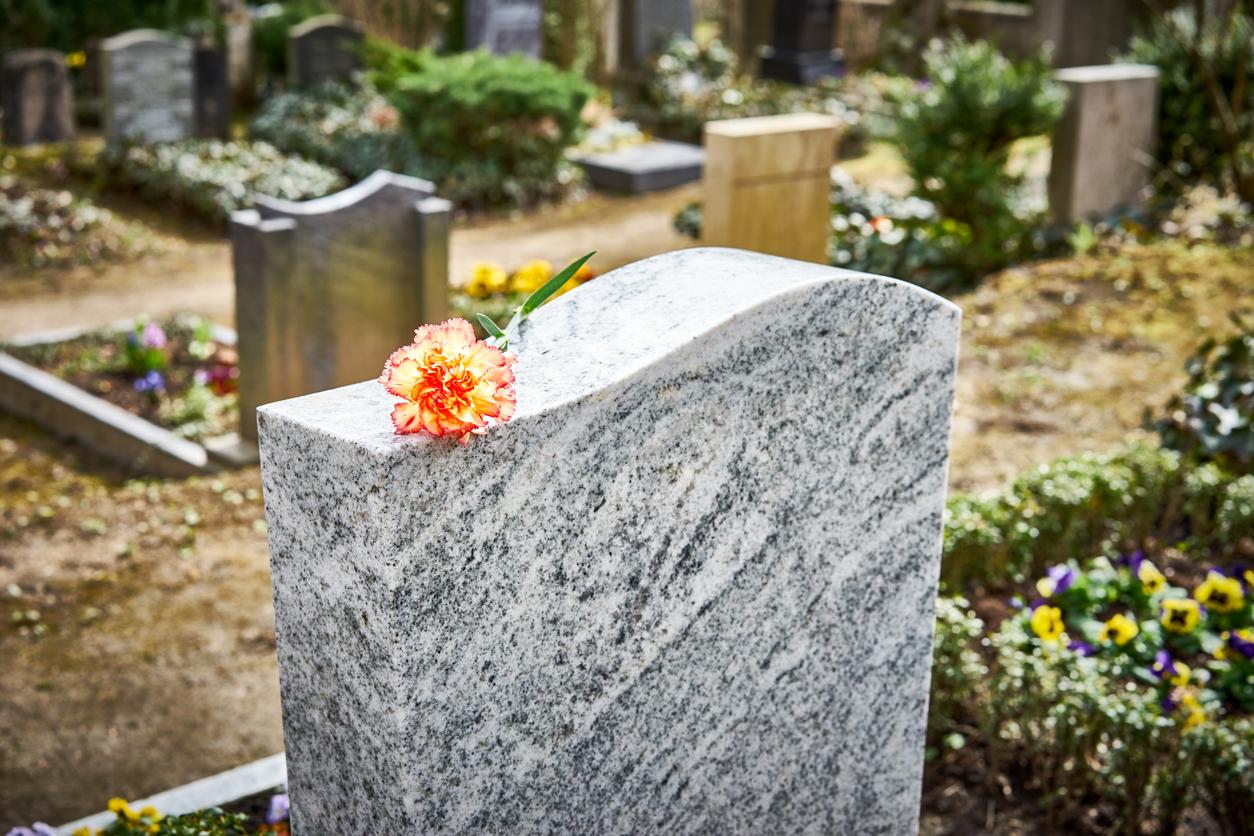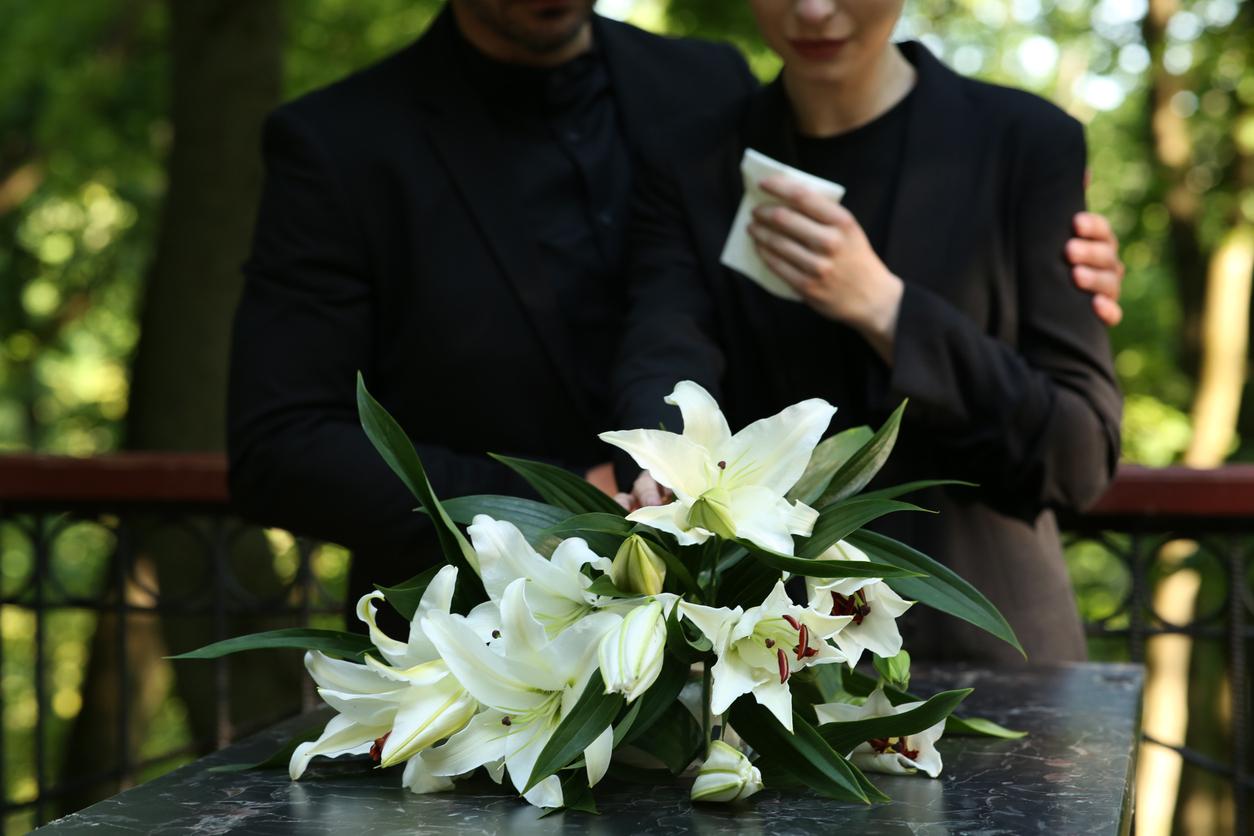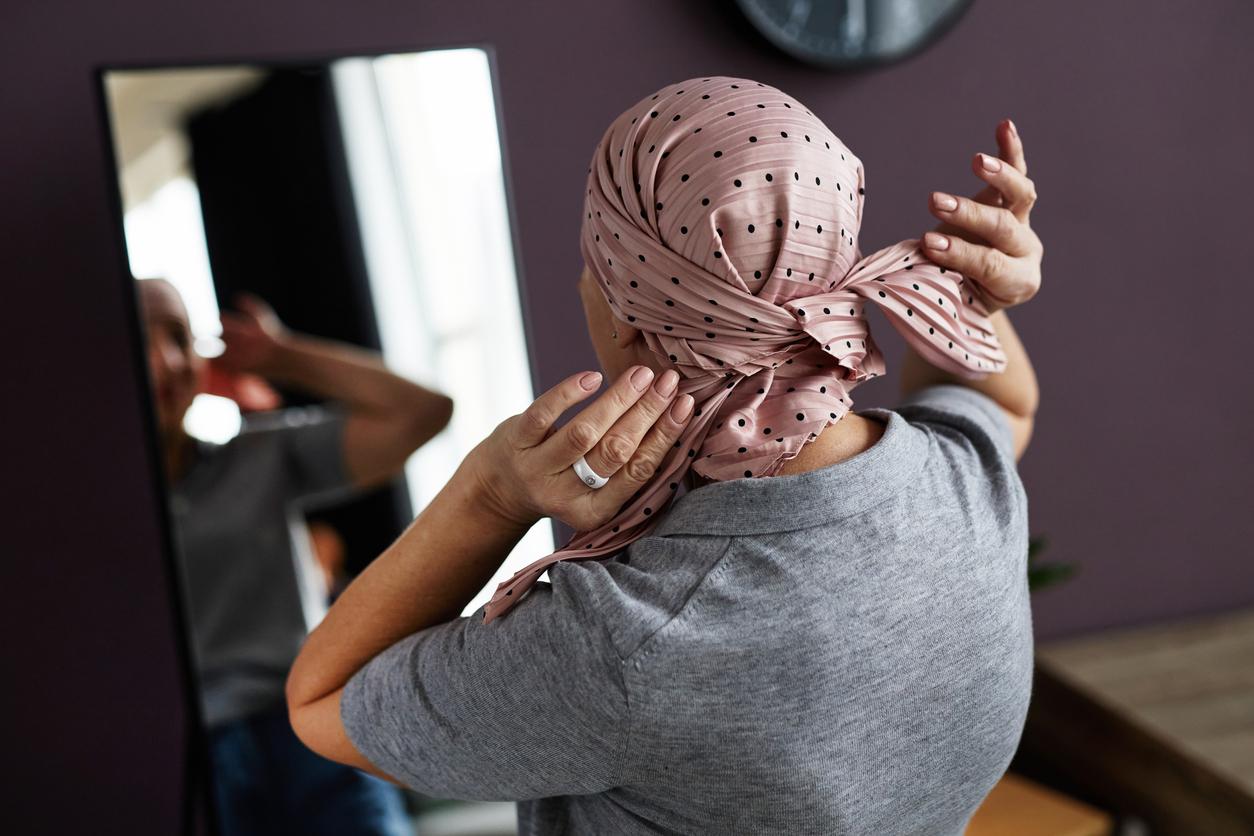Telling the story of your life to a hospital biographer provides relief, appeasement to the patient. An approach of already considered as support for patients in a palliative situation.

- At the Saint Brieuc hospital, a hospital biographer collects seriously ill life accounts to edit them in the form of books.
- This practice allows patients at the end of their lives to come back to their journey and leave testimony to their loved ones.
- It allows patients to make parentheses who are beneficial to them in a daily life focused on disease and care.
“Put life to the end”this is the objective of an initiative conducted since 2018 at the Saint-Brieuc hospital which offers patients at the end of their life to collect the story of what they consider as the essentials of their existence and Make it a book. A practice which, in this establishment, has already concerned more than 40 people.
The approach, initiated in 2007 by Valéria Milewski at the Chartres hospital (she exists today in around forty hospital services in France), was prosecuted by Dr Corinne Alleaume, oncologist at the Saint Brieuc hospital, and Aude Bracq, hospital biographer. It consists in conducting interviews with patients at the end of their life that tell the events, the most significant memories of their journey. The biographer’s mission is then to write these testimonies and edit them in the form of books whose patients are presented as the authors and who bear their signature.
A practice considered as a support treatment
“”This allows patients to reflect on their lives, to find happy moments, to return to values to be transmitted, but it is also a means for them, during the interviews, to benefit from a kind of bubble that allows them to escape from disease and care “says Aude Bracq. “”It is a question of bringing a little balm to the heart of people at the end of their lives “confirms Dr. Alleaume who considers that this practice “is entirely part of the support treatments”.
An important notion which gives the principle of hospital biographer all its place in reflection on the end of life, a subject at the heart of the news and on which a bill could be debated by next summer at the ‘National Assembly.
Patient bedside interviews
Concretely, how is the realization of these end -of -life biographies going? “”Interviews are carried out, in the hospital, at the bedside of the patient, short interviews most often to take into account his fatigue “says Aude Bracq. A work which, according to her, values people who have experienced years of serious illness and whose entourage is sometimes weakened or discouraged. “”It is important for patients to feel listened to, to realize that their story interests, that they can say to themselves ‘I was able to do all this, it’s me’; Some were hitherto distraught in the face of words that they could not say during their life and that they need to express “. For some, the approach simply offers, when the hospital biographer collects their words, “The simple pleasure of being visited, a moment of well-being “.
https://www.youtube.com/watch?v=-wibv_mj85s
A positive impact on caregivers and families
And the initiative carried out at the Saint Brieuc hospital also has in the eyes of the doctor as well as biographer other virtues, such as that of lowering, for medical teams, the pressure that weighs on them in this accompaniment of patients in end of life. “”This allows them to have another look at patients, to bring a little humanity “underlines Dr. Alleaume. And these stories of life also have their importance for loved ones, those to which these works are most often intended: “This is so many families who can thus have a book by their parent, something to transmit, it can have a significant impact on the way they can mourn “.

















